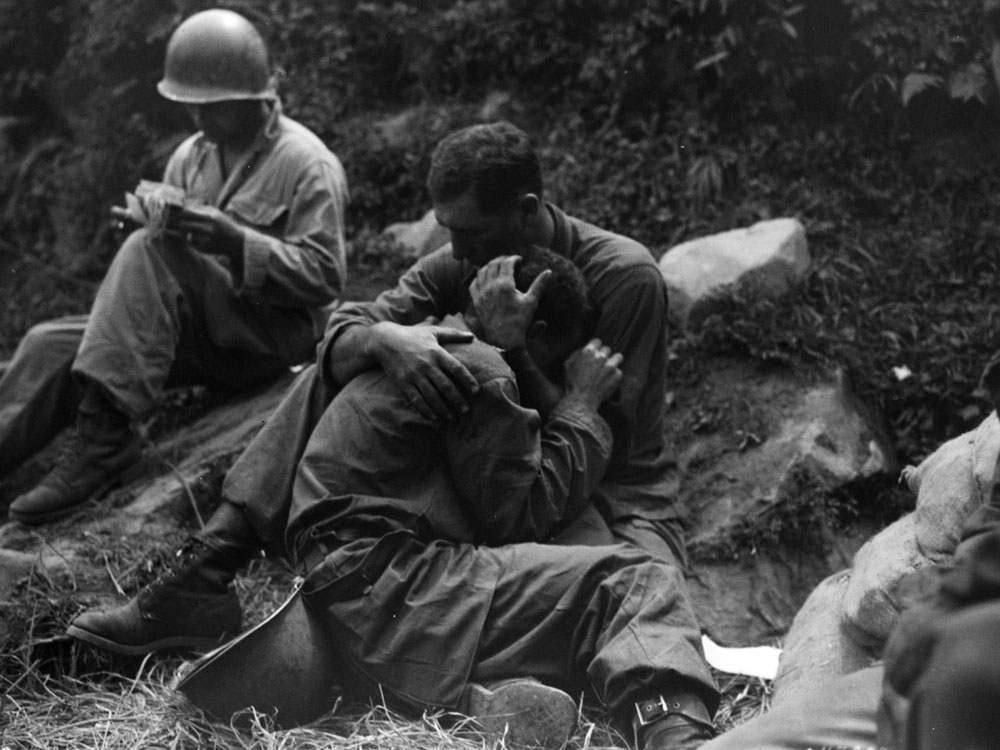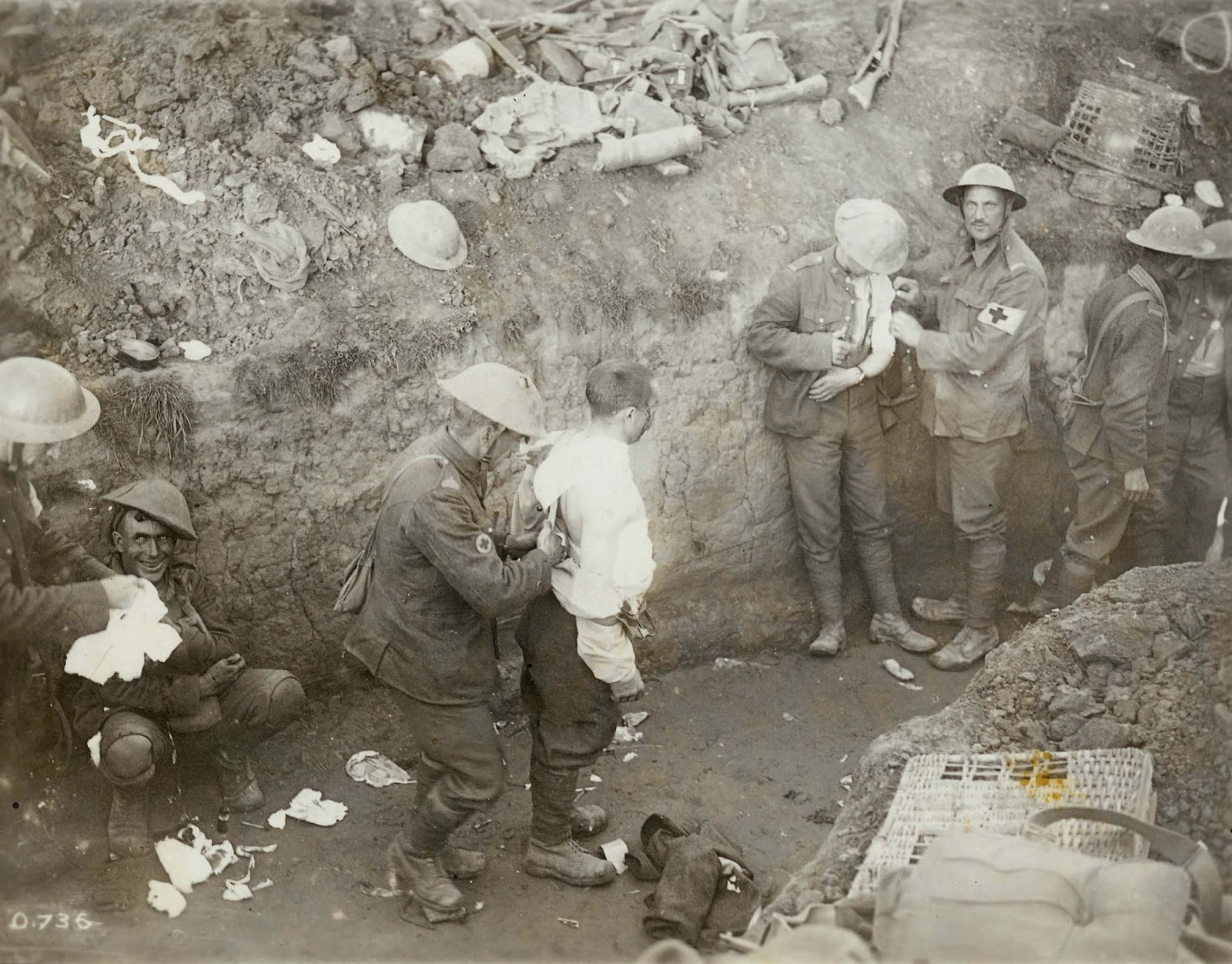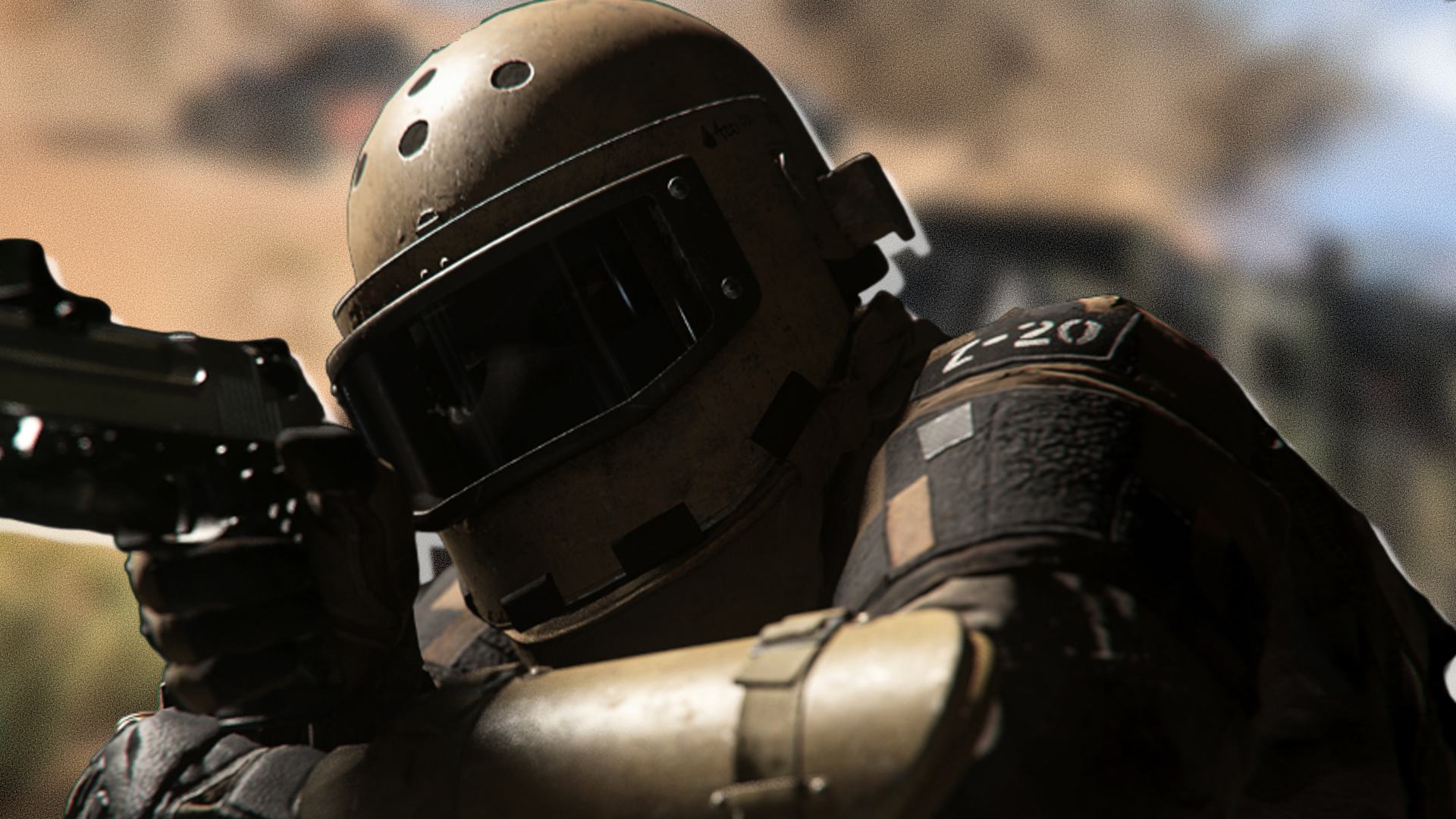Shellshock in the College collections Royal College of Physicians of Edinburgh
Por um escritor misterioso
Descrição
Major Arthur HurstMedical diseases of war1940, 2nd ed.Soon after the beginning of WWI, military doctors noticed that soldiers started to show neurological symptoms like dizziness, tremor, tinnitus, amnesia, weakness and headache. In most of these cases, there was no obvious physical injury. This condition became known as ‘shellshock’ or ‘war neurosis’. Some doctors believed it was caused by hidden brain injuries or carbon monoxide poisoning, while others accused the affected soldiers of malingering.

Medicine in World War Two: Wounds, Shellshock and Penicillin

Hysteria, head injuries and heredity: 'shell-shocked' soldiers of the Royal Edinburgh Asylum, Edinburgh (1914–24)

Top of the class: our favourite academic venues you can get married in
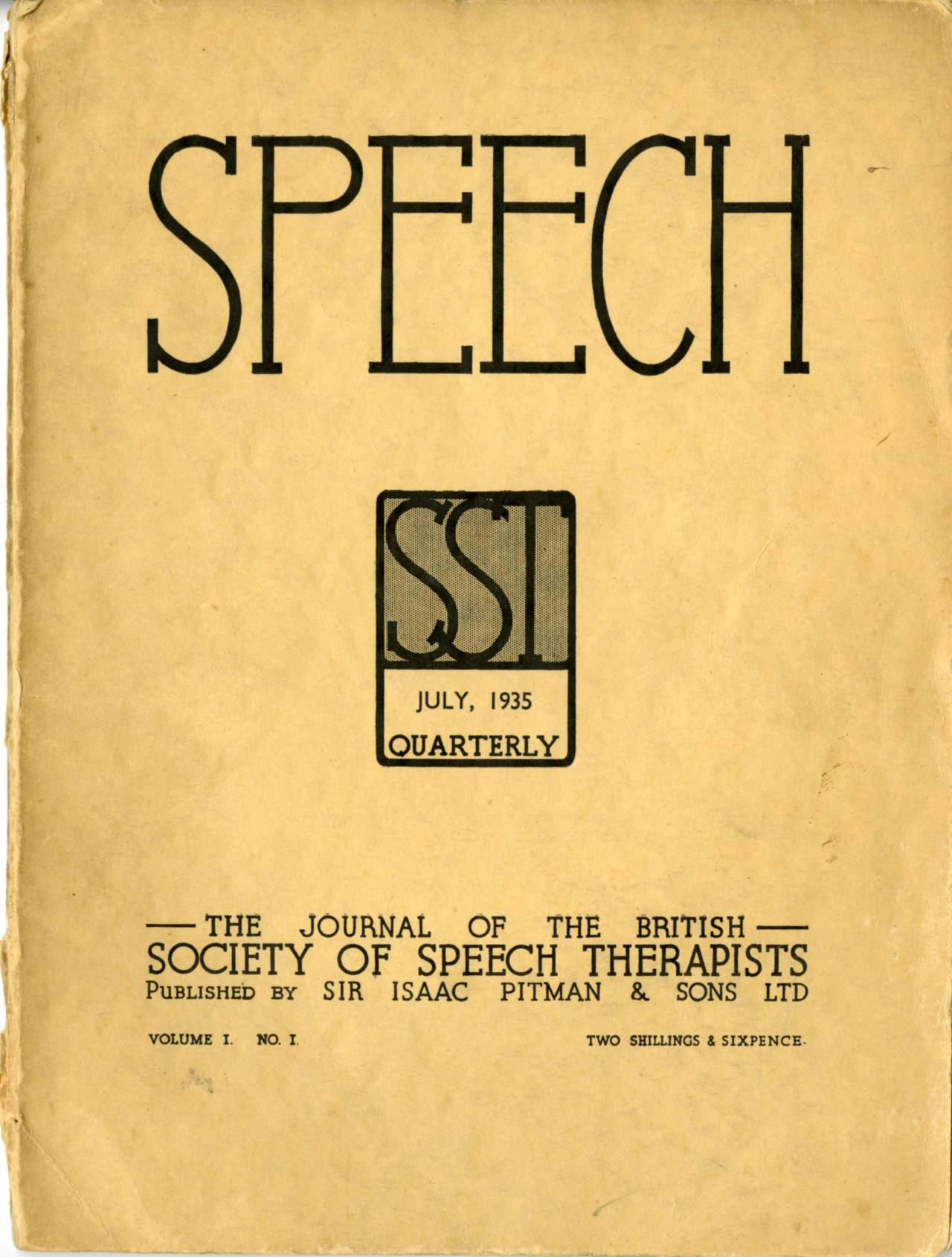
Archives & Special Collections, Strathclyde — Now available: The records of the Royal College of
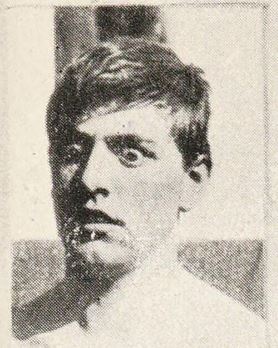
Shellshock in the College collections Royal College of Physicians of Edinburgh

PDF) Hysteria, head injuries and heredity: 'shell-shocked' soldiers of the Royal Edinburgh Asylum, Edinburgh (1914–24)
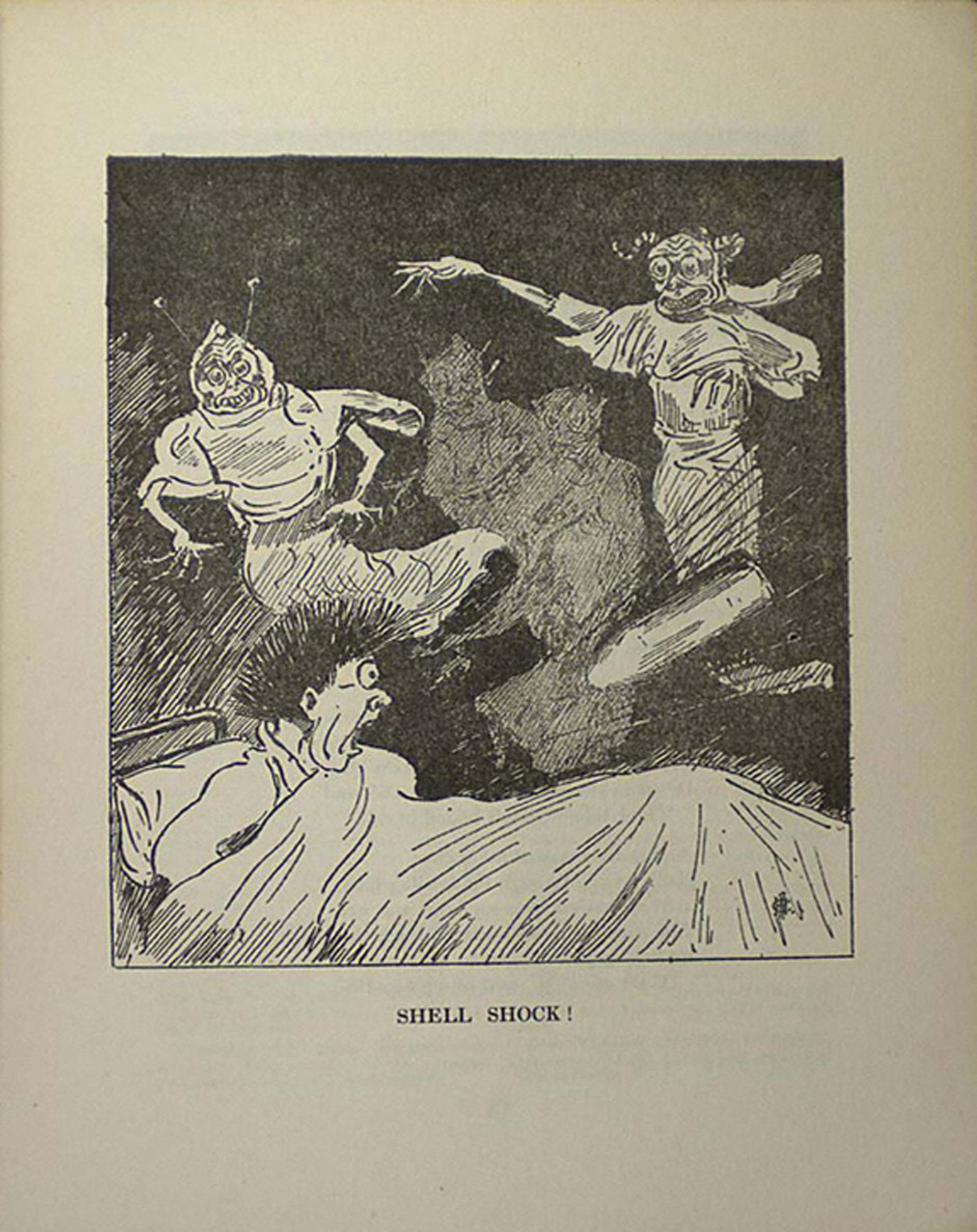
Unearthly Music', 'Howling Idiots', and 'Orgies of Amusement': The Soundscapes of Shell Shock at Edinburgh's Craiglockhart War Hospital, 1917–18, Nineteenth-Century Music Review

Hysteria, head injuries and heredity: 'shell-shocked' soldiers of the Royal Edinburgh Asylum, Edinburgh (1914–24)
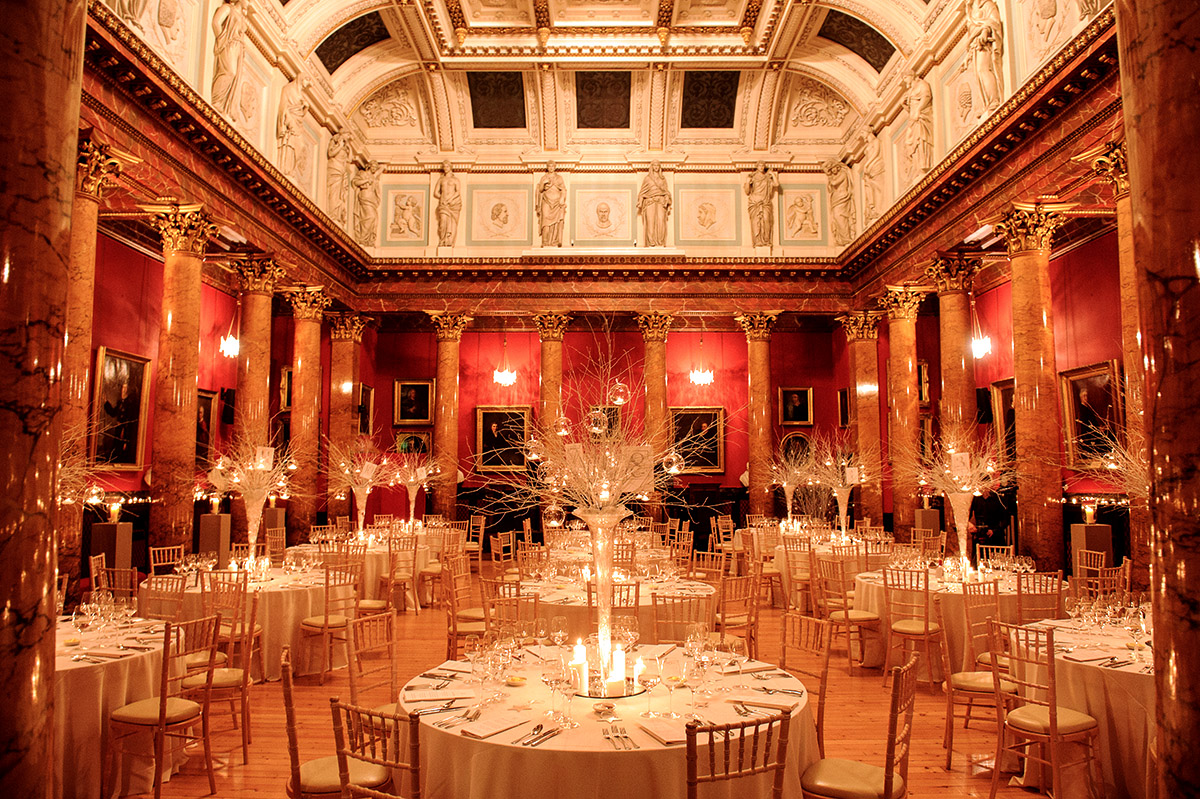
Royal College of Physicians of Edinburgh

Hysteria, head injuries and heredity: 'shell-shocked' soldiers of the Royal Edinburgh Asylum, Edinburgh (1914–24)
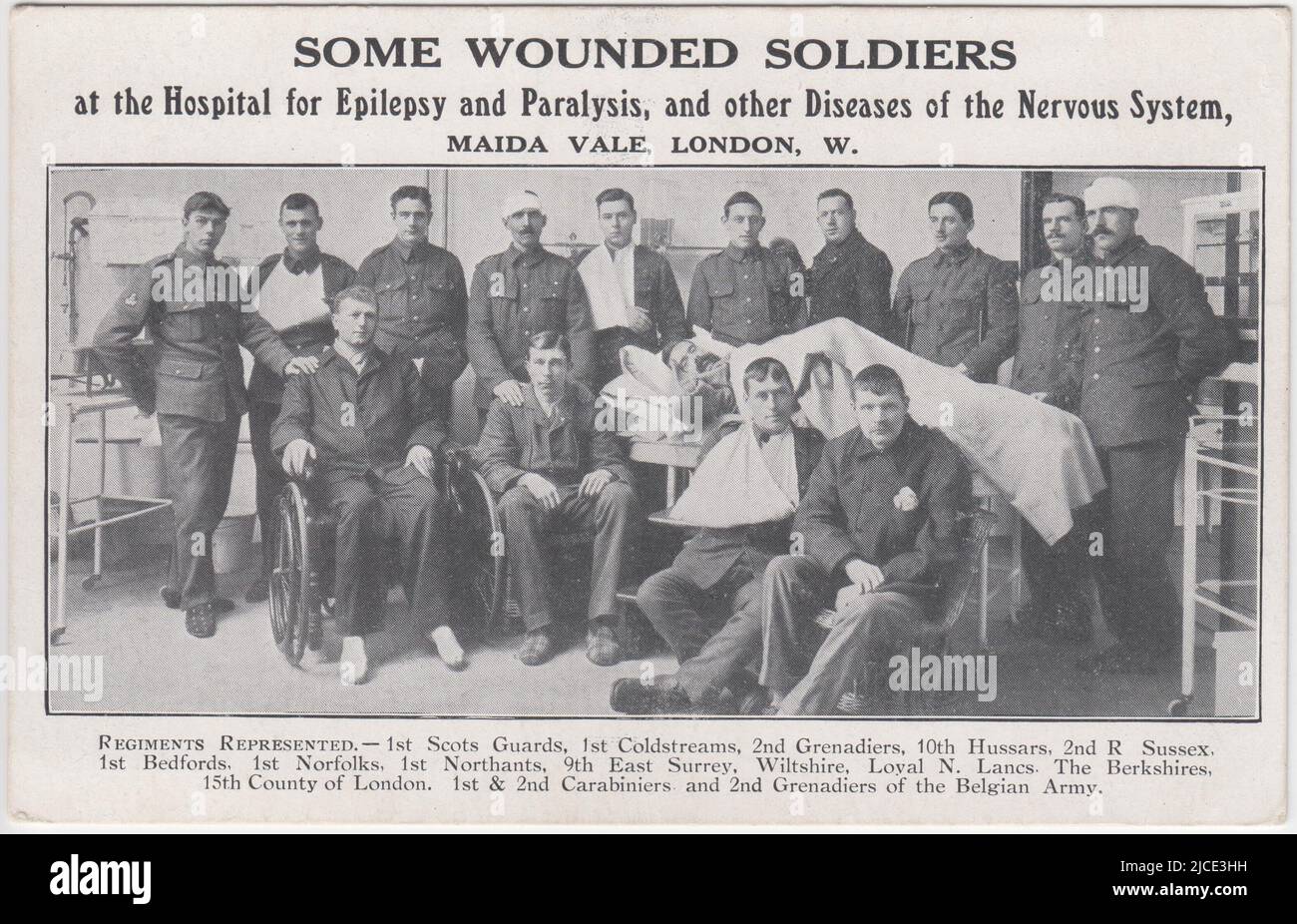
Shell shock hospital hi-res stock photography and images - Alamy
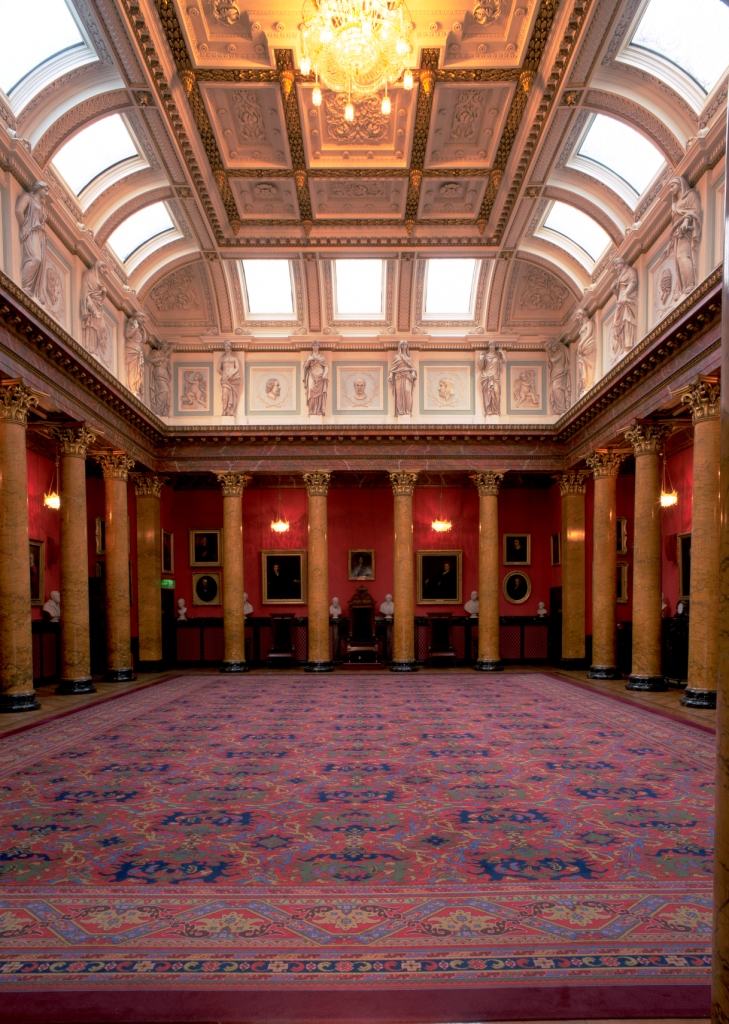
Royal College of Physicians of Edinburgh
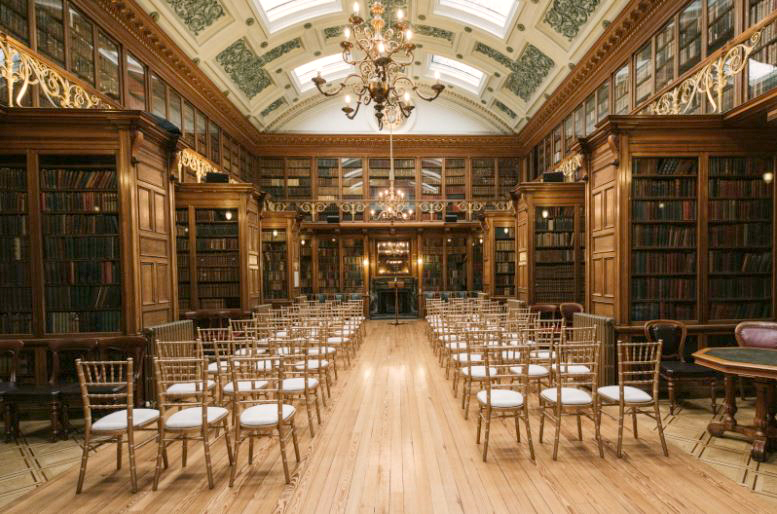
Royal College of Physicians of Edinburgh

Royal College of Physicians of Edinburgh

The Royal College of Physicians of Edinburgh on Queen Street was designed by Thomas Hamilton and built between 1844 and 1846. Three …
de
por adulto (o preço varia de acordo com o tamanho do grupo)
